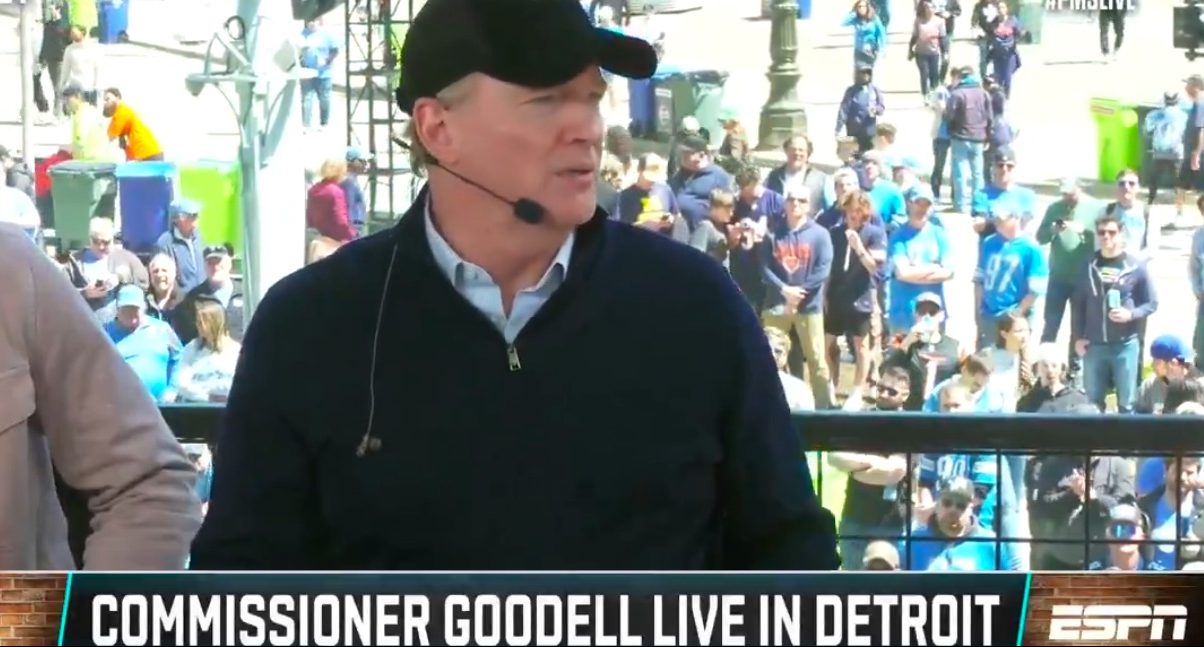Earlier this month, the Cubs confirmed the creation of their own regional sports network with Sinclair Broadcasting. Following in the footsteps of the YES Network and the Yankees or the Dodgers and Time Warner, the Marquee Sports Network will be Chicago’s home for all things Cubs starting in 2020.
For the Cubs, having their own network that they don’t have to share with anyone else is a potentially lucrative proposition. For Sinclair, it’s also a potentially lucrative proposition that could lead to more partnerships across the American sports landscape.
On the company’s public earnings call, Sinclair estimated that Marquee would create $40-$50 million in revenue upon its launch next year. While a huge (and expected) cash infusion isn’t exactly a big surprise, what may be even more noteworthy is Sinclair’s ambitions beyond the Cubs.
Via Broadcasting & Cable, CEO Christopher Ripley made a very public overture to other teams that may be looking to go into business for themselves:
“We are a perfect match for any team who wants to do this, and so we’ll certainly be looking for other opportunities and there will be some coming up in the years to come,” he said. “They tend to come up as the contracts expire with the existing distributors, so it’s something we’re definitely keeping track of and looking forward to.”
Of course, Sinclair has been in the conversation around the Fox RSNs for some time now, which would center on the local television rights of professional sports teams around the country. Given their ambition and this relationship with the Cubs, it makes sense that the company would look to create a sports empire if there are enough teams that they can partner with around the country.
However, the question might be whether this more individualistic model is best for sports and especially for fans in the long run. While YES Network has been a mainstay for more than 15 years, one has to look no further than the carriage troubles of SportsNet LA in Los Angeles to see that these deals aren’t guaranteed home runs.
With the creation of any new network comes questions of carriage and availability. The Cubs are so popular that the team and the new network will obviously have plenty of leverage in any negotiation to come. But if Sinclair starts trying to partner with teams on more standalone networks, will they have the same advantages? If a team like with the history and brand recognition of the Dodgers can have those struggles, how will other teams be able to manage their own marketplaces if they break away from RSNs? Could Sinclair make a serious bid for those networks or could they try to pick and choose from what teams may have upcoming expiring deals? Whatever happens, it certainly makes the whole of the RSN picture a lot more intriguing.






